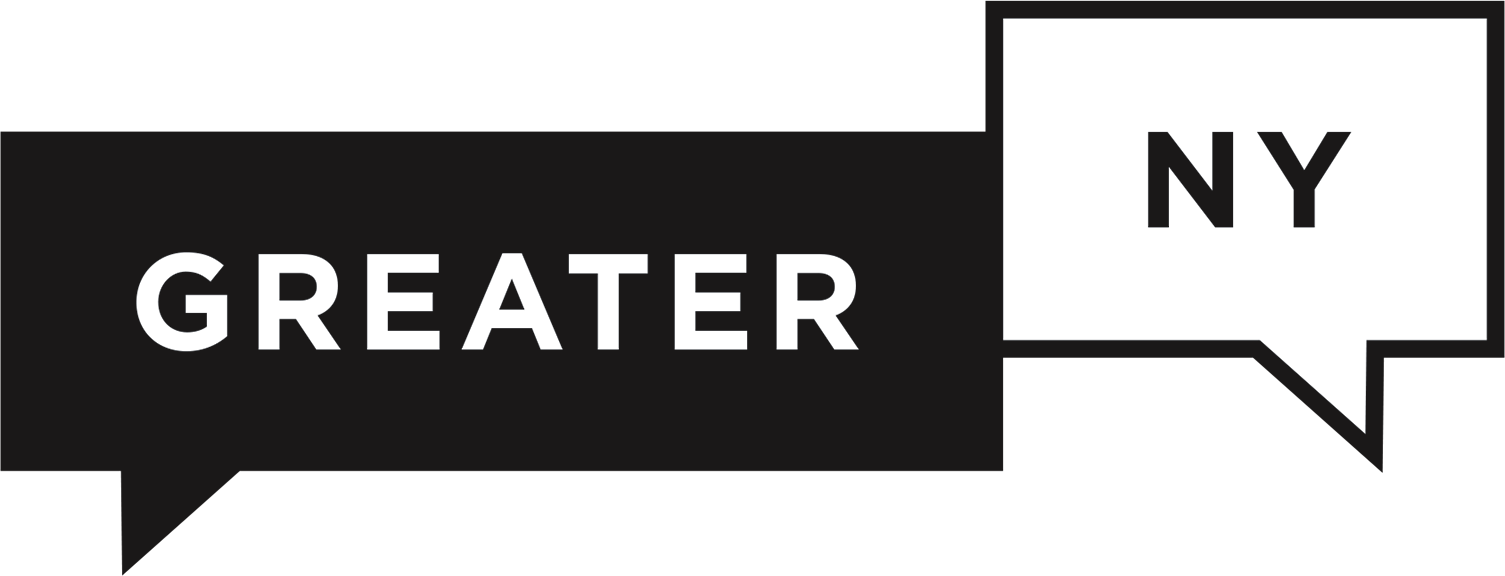A Commitment to the Future
This week, Greater NY reached out to the education leaders in its network to understand how they and their organizations continue to serve their students in the wake of COVID-19.
The leaders of DREAM, Uncommon Schools, New Visions for Public Schools and Outward Bound Schools acknowledged significant challenges but maintained a profound personal and organizational commitment to the students and communities they serve, and to the purpose and promise of education itself.
“Even though we can only guess about the future, we know what children and families need.”
DREAM Executive Director Rich Berlin stressed holding fast to the lessons of past experience and the principles that have always guided the organization’s actions and decisions: “Even though we can only guess about the future, we know what the children and families and communities we serve need, the eternal things like love, safety, sustenance, shelter, and community – and we will continue to meet these needs.”
DREAM will finish the current school year with creativity and resilience, and plans to reopen their schools in the fall in whatever configuration is required. DREAM is committed to supporting their students as they process the trauma and displacement experienced so far by providing summer programming that heals, inspires and connects.
“Look beyond the current moment of crisis,
and work in partnership with others
towards a common end.”
Mark Dunetz, president of New Visions for Public Schools, spoke of his organization’s commitment to technology-driven systems that support student achievement at scale. “We need to look beyond the current moment of crisis to when students return to buildings — and work in partnership with others towards a common end of what schools, students and teachers will need in the future.”
Technology has prepared New Visions to not only update their curriculum resources to work as distance learning lessons, but also to accelerate the rollout of a robust set of ed-tech tools that give educators the instruments they need to ensure students make progress towards graduation, even at a distance. And while the work of pivoting education from in-person to online hasn’t been easy, New Visions’ preexisting commitment to technology-driven innovation has positioned them as uniquely prepared to meet the challenges that COVID-19 has posed for schools.
“Focusing on the task at hand allowed us to stay focused on our fundamental goals.”
Uncommon Schools, a network of 54 charter schools serving more than 20,000 students in six cities, was able to transition from in-person to online instruction for all students in less than one week – well before many other public schools – and has done so with an unrelenting focus on the goals that have always driven their work: To ensure that every student they serve graduates high school and gets to and through college.
Uncommon Schools’ CEO Brett Peiser reflected that the organization’s focus on data, outcomes and efficiency that defined their work before COVID-19 meant that they were culturally, operationally and functionally prepared to shift nearly every aspect of school quickly and with fidelity to their purpose and mission.
“Education with an emphasis on community and character is more needed than ever.”
Outward Bound Schools’ CEO Richard Stopol describes a redoubled commitment to core values, including its deep emphasis on community and character, despite significant financial, logistical and programmatic challenges. “One of the things that the COVID-19 crisis has demonstrated is that the kind of education we offer – one that joins together demanding and engaging learning with an emphasis on community and character – is more needed than ever.”
Many core components of the Outward Bound model are deeply experiential – including wilderness trips, service learning and Outward Bound Schools’ signature Crew advisory structure – and that up until now were presumed to only be possible in person. The innovation their faculty and staff have demonstrated in short order to translate these experiences into virtual equivalents that carry the same power and impact has been profoundly inspiring.
“Commitment and resilience go hand-in-hand.”
Commitment to students, systems, goals and values has enabled the schools and educational organizations in Greater NY’s network to forge ahead through uncertain waters. Once the school year ends, these organizations will continue to face complicated challenges and to make decisions about how to stay true to their missions as the needs of the students and communities they serve continue to evolve.
And as difficult questions emerge about the future of education in New York City and beyond – questions about equity, digital access, the continuing need for educational institutions to go beyond traditional boundaries to meet critical food-, emotional-, and health-related needs – a foundation of commitment makes these organizations well-positioned to find the answers.

